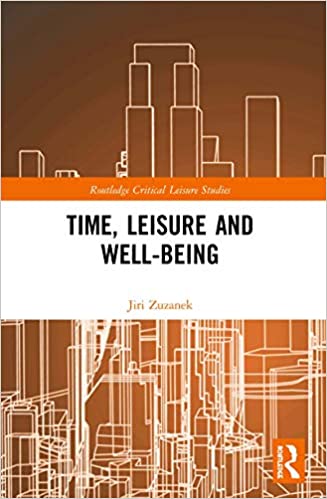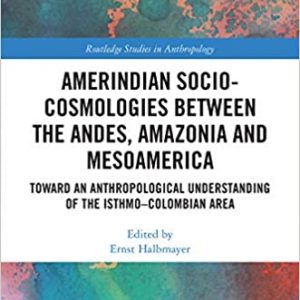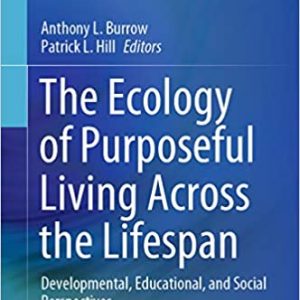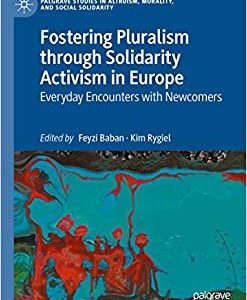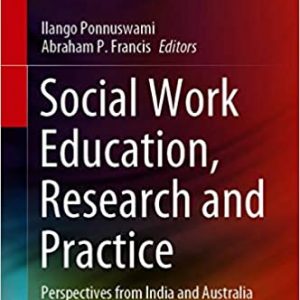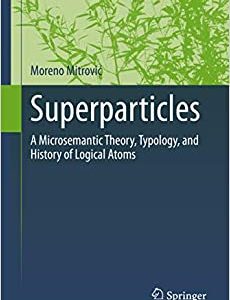The significance of work and leisure as elements of our social fabric have puzzled philosophers and social scientists for generations. This ambitious new study considers historical views of work and leisure alongside contemporary survey evidence about time-use and well-being.
Combining sophisticated theoretical analysis with empirical research, the book presents a contrarian argument that defines leisure as a serious and stimulating challenge rather than an unqualified benefit or good.
This is vital reading for anyone with an interest in the concept of time in the social sciences, work-life balance, organisational studies, or the history, philosophy, or sociology of work and leisure.

